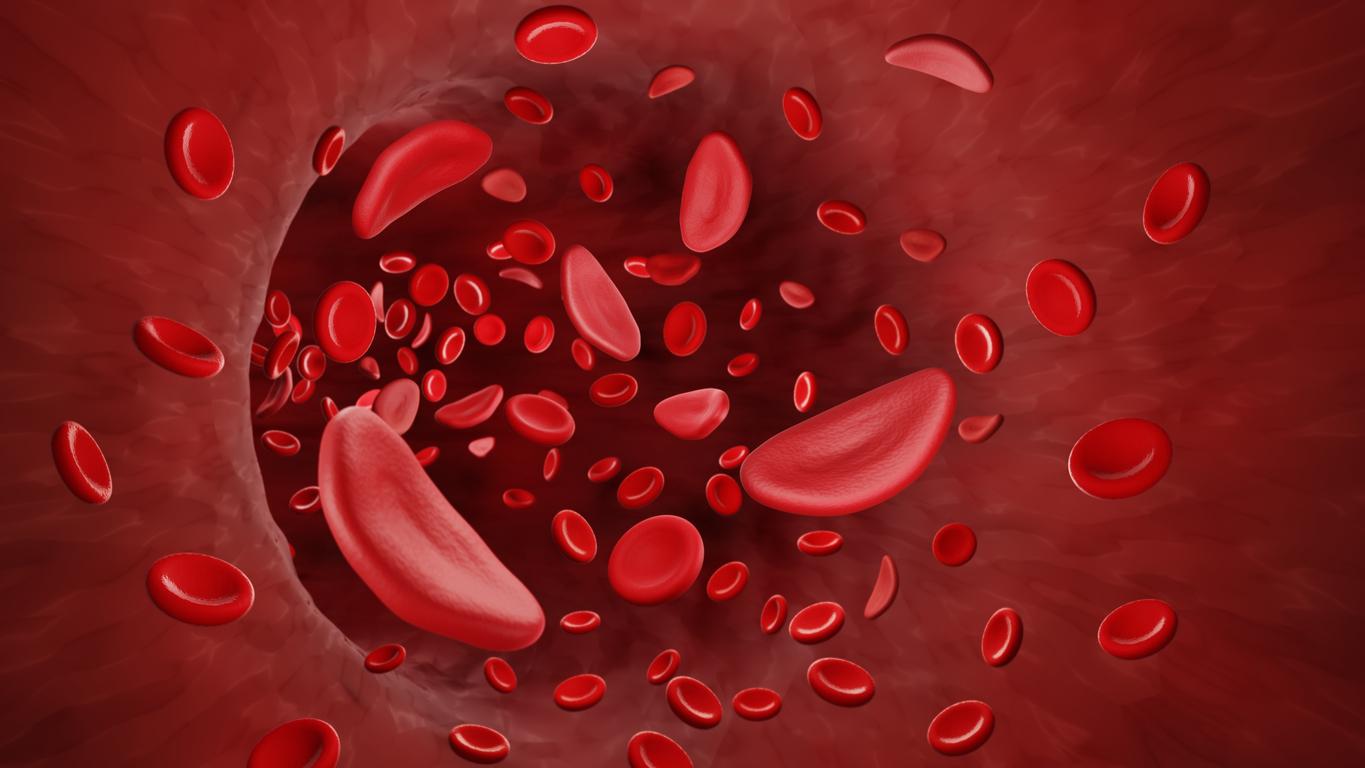By analyzing DNA taken from the bones of a Phoenician dating back 2,500 years, researchers have found a link with Iberian populations.

Who are the Phoenicians? This question still torments archaeologists and historians. This ancient people, king of trade in the Mediterranean during the millennium before the Christian era, occupied cities located in present-day Lebanon. But when it comes to his ethnic origins, the mystery still hangs over him.
However, a team of New Zealand researchers from the University of Otago has just lifted part of the veil – or thickened it, because the results, published in the scientific journal PLOS ONE, are amazing. By analyzing the DNA of a 2,500-year-old Phoenician, they found a rare genetic marker that would give it origins… Iberian!
It is the genetic heritage of Austria, the “young man of Byrsa”, which was studied, a Phoenician who would have lived around the VIe century BC His remains were discovered in a tomb in Carthage, Tunisia, 20 years ago. By analyzing its so-called “mitochondrial” DNA (see box), the researchers noticed the presence of a rare marker, the haplogroup U5b2c1.
Mitochondrial DNA, a tool for paleogenetics
This DNA, as the name suggests, comes from mitochondria, small structures contained in cells. The advantage is that, unlike traditional DNA which is a combination of the genetic heritage of the father and the mother, it is transmitted only through the mothers. It also keeps longer. It thus makes it possible to trace genetic lines much more easily.
These are the reasons why it is often used in paleogenetics – but also in police investigations – to compare the similarities of populations, and thus to trace the movements and mixtures of peoples.
Common ancestors with the Portuguese
“U5b2c1 is considered to be one of the oldest haplogroups in Europe, and is associated there with populations of hunter-gatherers, specifies Pr Matisoo-Smith of the Department of Anatomy at the University of Otago, and co- responsible for the study. It is particularly rare in contemporary populations, and is found in less than 1% of Europeans ”.
“Interestingly,” continues the researcher, “our analysis has shown that the modern mitochondrial genetic heritage to which that of Austria most closely resembles that of certain inhabitants of present-day Portugal. “
A commercial mix
More generally, the maternal line of the young man from Byrsa would come from the Iberian Peninsula. The Lebanese origins of the Phoenicians could therefore be called into question, or at least qualified. Especially since by analyzing the mitochondrial DNA of 47 Lebanese today, no trace of U5b2c1 was found.
The Phoenicians were a people of merchants and sailors. They dominated Mediterranean commerce for centuries, and founded the port city of Carthagen as a real melting pot. Through their trade, they were undoubtedly responsible for an important crossbreeding on the Mediterranean rim.
“We still know little about the Phoenicians, apart from the writings of their Roman and Greek rivals, probably biased,” admits Professor Matisoo-Smith. We hope that our present and future results will shed light on the origins and impact of the Phoenician peoples and their culture ”. They would be responsible in particular for the dissemination of a first alphabet around the Mediterranean.
.
















